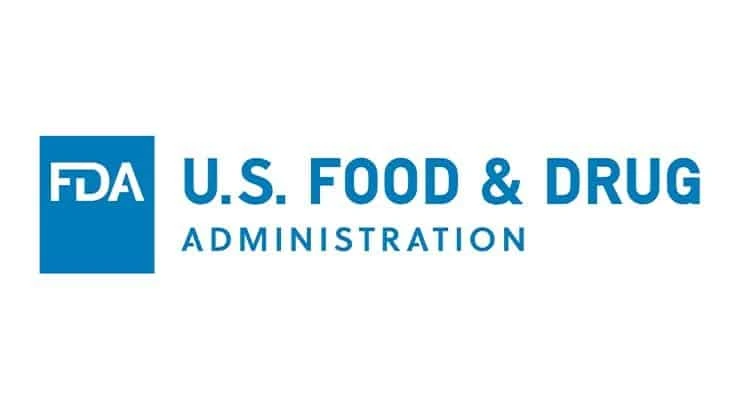
FDA
SILVER SPRING, Md. — The Food and Drug Administration (FDA) and Stop Foodborne Illness, a non-profit public health organization, are announcing a second webinar in their collaborative series that explores food safety culture.
The second webinar is called “Making Leaders Risk Aware and Push to Reduce Risk,” and it will take place Feb. 16, 2022, from 12:30-1:15 p.m. EST. The webinar will feature Nancy Wilson, director of quality assurance, risk management and safety at Wawa, and Randall Huffman, chief food safety and sustainability officer at Maple Leaf Foods.
The webinar series is entitled “Collaborating on Culture in the New Era of Smarter Food Safety,” and there were more than 1,400 attendees at the November 2021 inaugural session. The series will engage experts from the public and private sectors in a collaborative exchange of ideas and experiences related to the importance of a robust food safety culture in helping to ensure safe food production.
The series will have valuable information for both those well-versed on, and those just learning about, food safety culture.
Food safety culture is one of the core elements in FDA’s New Era of Smarter Food Safety blueprint, which states that dramatic improvements in reducing the burden of foodborne illness cannot be made without doing more to influence the beliefs, attitudes, and, most importantly, the behaviors of people and the actions of organizations.
Latest from Quality Assurance & Food Safety
- FDA Bans Use of Red No. 3 in Food and Ingested Drugs
- AFDO to Host Course on Implementing Risk-Based Inspections and Auditing for Retail Food Establishments
- FDA Issues Proposed Rule on Front-of-Package Nutrition Labeling
- IAFP 2025 Registration Now Open
- Albertsons Companies Hosts Annual Competition for Emerging, Innovative Food, Beverage and Pet Products
- FDA Releases Long-Term National Strategy to Increase Resiliency of U.S. Infant Formula Market
- Extinguishing the Risk of Foodborne Illness During Wildfires
- FSIS Issues Public Health Alert for Frozen, Raw Ground Beef Products Due to Possible Foreign Matter Contamination





